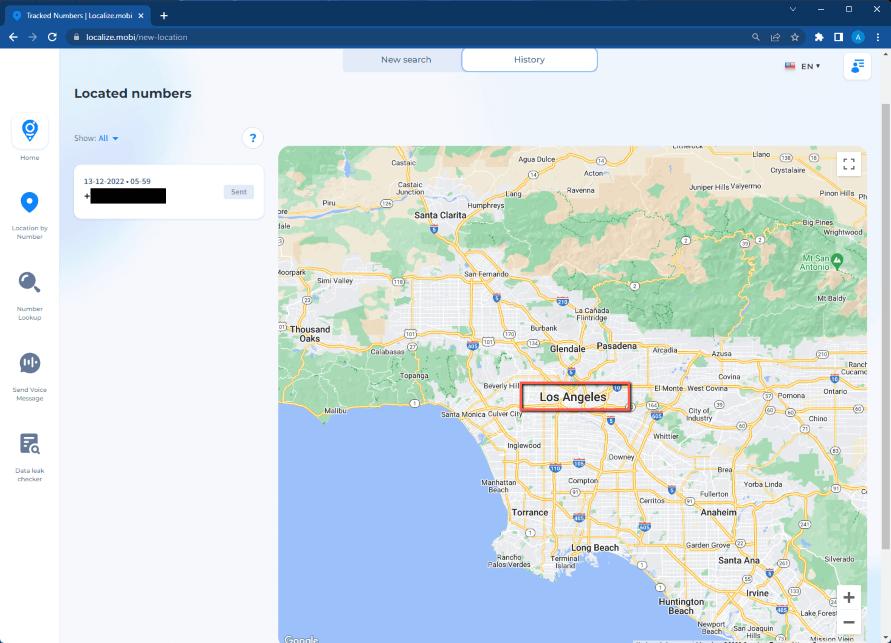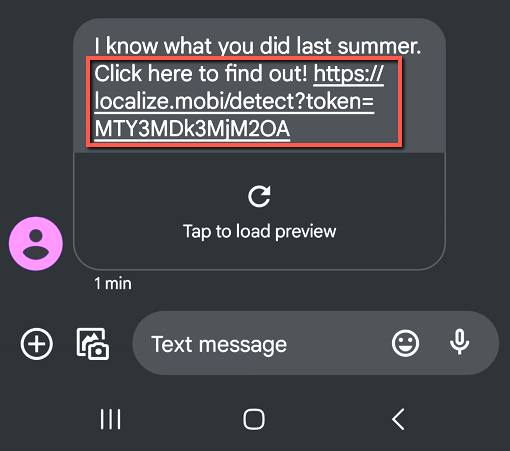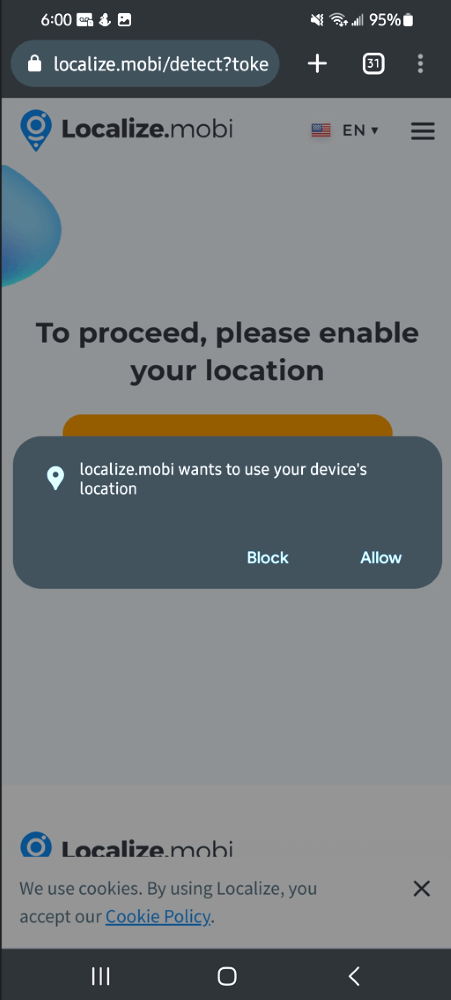Yes! Assuming you’re talking about SMS messaging, only if that someone happens to have access to your cellular provider’s logs. Otherwise, no, someone can’t track your location from a text. That changes if you’re talking about other messaging formats.
Hi, I’m Aaron. I had a brick of a cell phone in the 90s and a dedicated phone line in my house for internet access. Troubleshooting issues with those and other technology led me down the path of a rewarding career in technology. I’m also a lawyer! You’d be surprised how much crossover there is between law and technology these days.
Let’s dive into what text messaging is and what lengths someone needs to go to track you.
Table of Contents
Key Takeaways
- SMS and MMS text messaging work via a standard that transmits no location data, so your location cannot be gleaned from those texts.
- Services that purport to track location from texts work via leveraging a phone’s location services to find location.
- Other apps used for text-like communication may share your location information willingly or unwillingly.
- Someone can get your location information through legal process and law enforcement can get it themselves.
- You can also be exposed by a phone call if your route your calls through a third-party app.
What’s Text Messaging
I want to start this article with a common baseline. If you don’t know what I’m talking about when I say “text message” and I don’t know what you understand “text message” to mean, then this might be a very confusing and misleading article.
When I talk about text messaging, I mean SMS messaging. SMS messaging is the original common text-messaging standard and has stood the test of time through decades of cellular communication and many transmission standards.
Other kinds of messaging exist which people may also call text messaging. That may include MMS messaging, iMessage, or other application-based messaging services. I’m also going to cover location tracking with those services.
Tracking Location from a Text
There’s a surprising amount of misinformation on the internet regarding claims that location can be tracked from a simple text. I’m going to give the benefit of the doubt that the source of that misinformation comes from a failure to set a baseline about what constitutes texting.
Where that benefit of the doubt falls apart are the services that charge $30-$50 per month purporting to be able to track anyone simply by sending a text. I tried a couple and they work…under very specific conditions. At the very least, one can say they’re not lying in the most legally flexible version of the truth.
Here is an excellent article from a reputable source explaining the SMS standard, which is what cellular companies have used for decades to transmit text messages. It’s even the standard upon which MMS messaging is based, where MMS messaging adds multimedia to an SMS text.
As highlighted by that article, there are many data points transmitted in an SMS data stream. Location data is not among them. As such, it is impossible to find someone’s location just from a text. If there’s no location data, you can’t retrieve the location data.
So what about the very expensive services that purport to track location via text?
Those services, when prompted by a requester, send an alluring message that contains a website URL. The recipient clicks that URL. On opening the URL, the website asks the individual to approve the use of location services. The website then collects that telemetry and sends it to the requester.
When I tested it with one of the more highly recommended services on my own phone number, I was initially confronted with this screen.

You can see that it either defaulted to displaying Los Angeles or identified that I likely lived there. Either way, I live thousands of miles away from Los Angeles.
Here is the alluring message I received, complete with a link.

When I clicked it redirected me to a webpage requesting approval for providing my device location.

Technically, this service would have successfully found my location through a text. Services like this require the recipient to both click on a random link and also approve the use of location services.
If you’re very desperate to find someone’s location and you don’t already have some location-sharing service enabled on their phone, then this is a morally questionable and questionably effective method of doing that.
Tracking Location from iMessage or a Texting App
We’ve established that because of how SMS messaging works, it’s impossible to get someone’s location from a text. The location information isn’t used to generate and is not included in the text.
You can get someone’s location from iMessage or from a Texting App with two big caveats:
- Location sharing needs to be supported
- The individual you want to track has to share their location
iMessage has the option Send my Current Location within a conversation. Google’s Messages app also has a similar option.
These services circumvent SMS texting and use other transmission formats to send and receive data. What’s important for this article is that those services don’t automatically publish location data when messages are sent or received.
Other communication apps that work via data connections can expose location data without an individual knowing.
For example, Signal had a vulnerability in 2020 that allowed someone to roughly figure out someone’s location by looking at their connected domain name resolution server. That just required someone to call the user, not even send a message to them.
Telegram also allows individuals to publish their location to nearby users. With relatively simple technical tricks, someone can force the system to publish nearby user location for geographically distant users, avoiding direct contact entirely.
How Can Someone Get Location by Texting
Legal process. Many legal systems provide for some form of subpoena or warrant power. Those are compulsory processes that force the disclosure of data for civil and criminal fact-finding processes, respectively.
With those, individuals or the government can ask the government to order and compel private businesses to provide information about a person, people, or entities.
Cellular companies are able to locate phones on their network through triangulation. Strength of a signal between a cellular-connected device and multiple cellular towers will allow for the location of that cellular device.
Here’s a brief overview of that concept from YouTube.
Interestingly, law enforcement doesn’t need to leverage a warrant to find that information in some jurisdictions. They can triangulate cellular devices with their own equipment.
Can Someone Track Your Location From a Phone Call
Someone can track your location via a phone call in the same way they can track your location from texting. It would require use of legal process to obtain cellular company records or law enforcement technology designed to capture location information.
This question also benefits from a common baseline. As highlighted in the Signal example above, a call made within the signal app could be used to retrieve information that could be used to locate someone. That’s not a traditional phone call but is a call made with a smartphone.
Conclusion
It’s not possible for someone to track your location from a text. However, there are many applications that allow sending and receiving content with the same ease as texting which do share location–intentionally or unintentionally.
Make sure that you have location broadcasting turned off with whatever app you decide to use to communicate with friends, acquaintances, and for work.
Do you have any tips to prevent sharing your location via your smartphone? Let me know in the comments below!
